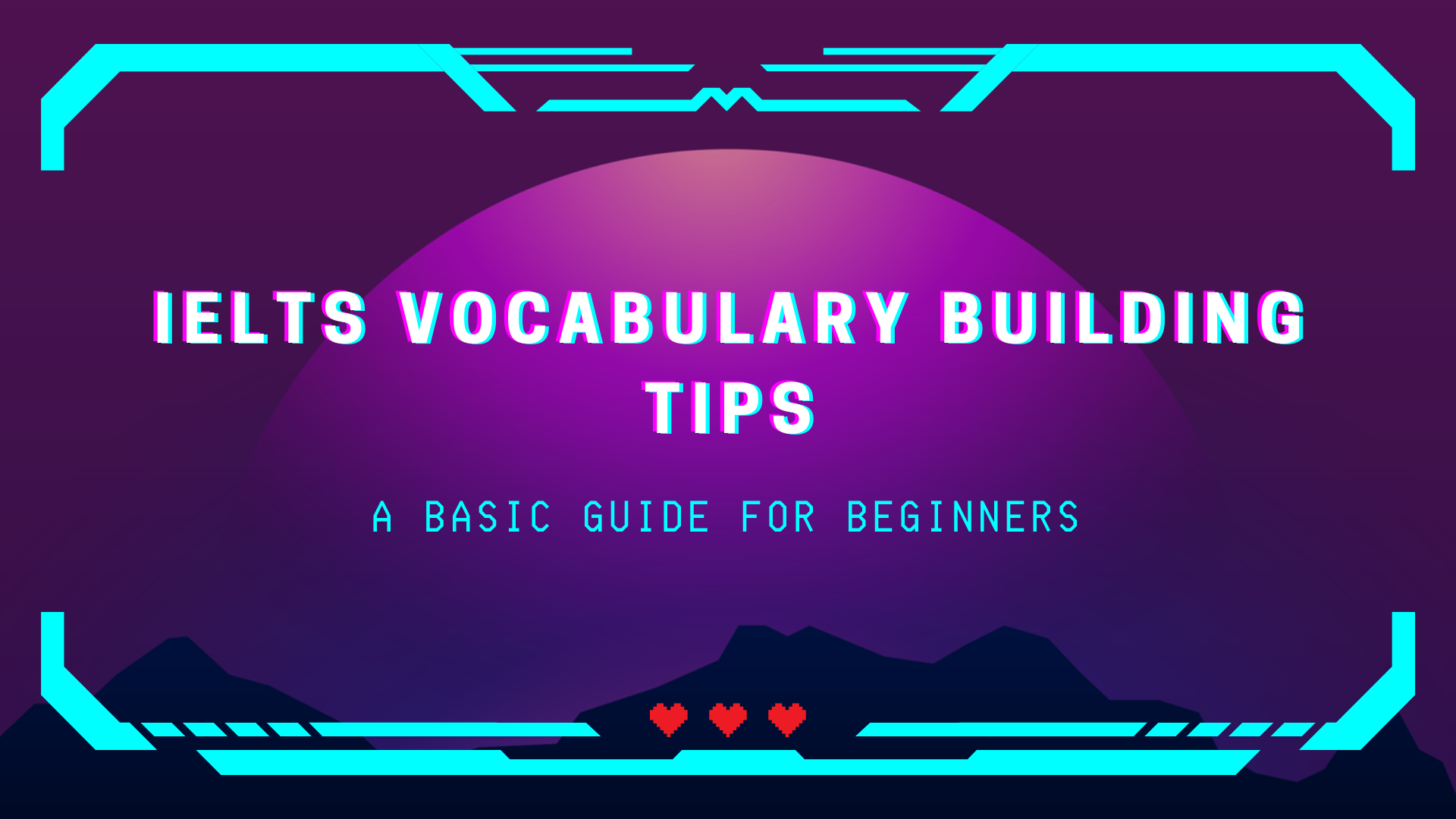A strong IELTS vocabulary is key to success in both the speaking and writing sections. Unfortunately, building a robust vocabulary doesn’t happen overnight. It takes time and effort to expand your word knowledge, and it can be daunting if you’re not sure where to start.
In this article, we’ll go over some strategies that you can use to boost your IELTS vocabulary for both the speaking and writing sections. With these tips, you’ll be well on your way to expanding your word knowledge and improving your scores on the exam.
Read, read, read
One of the best ways to improve your IELTS vocabulary is to read as much as possible. This will expose you to a wide range of words you might not encounter in everyday conversation. Try reading various materials, including books, magazines, and online articles. This will expose you to different writing styles and help you become more familiar with a range of vocabulary.
When you come across a word you don’t know, try to look it up in a dictionary or use an online translation tool to get a sense of its meaning. This will help you learn and remember the word for future use.
Use a vocabulary notebook.
Keeping a vocabulary notebook is another helpful strategy for building your word knowledge in IELTS. Write down new words you come across as you read or listen to English in your vocabulary notebook. Remember to search for its definition and write an example sentence showing how the word is used in formal or informal speaking. This will help you remember the word and use it correctly.
You can also use your vocabulary notebook to create flashcards, cards with a word on one side and its definition on the other. Flashcards are a great way to review and reinforce your vocabulary knowledge.
Practice speaking and writing in English
In addition to reading and keeping a vocabulary notebook, it’s also important to practice speaking and writing in English as much as possible. This will help you to become more comfortable using English and to feel more confident when you take the IELTS exam.
Try to find opportunities to speak and write in English as often as possible. You can join an English language club or start a conversation with a native English speaker. You can also write emails or social media posts in English to get more practice.
Use a thesaurus
A thesaurus is a book or online tool that provides synonyms (words with similar meanings) for a given word. Using a thesaurus can be a great way to expand your vocabulary and find more precise or exciting words to use in your writing and speaking.
For example, if you’re writing an essay and you want to describe someone as “happy,” you might use a thesaurus to find a more specific or descriptive word, such as “elated” or “euphoric.” This will help you to add variety and depth to your writing.
Register for an IELTS course online
Another great way to boost your IELTS vocabulary for the speaking and writing sections is to enroll in an online IELTS course. These courses help students prepare for the exam and improve their scores.
An IELTS course online will typically include vocabulary-building exercises and activities, as well as practice tests and other resources to help you become more familiar with the exam format. You’ll also have the opportunity to work with an experienced instructor who can provide guidance and feedback on your progress.
By registering for an IELTS course online, you’ll have access to a structured learning program to help you build your vocabulary and improve your scores on the exam. Whether you’re just starting to prepare for the IELTS or you’re looking to take your skills to the next level, an online course can be a valuable resource to help you achieve your goals.
Conclusion
Building a strong IELTS vocabulary is key to success in the IELTS test. By implementing strategies such as reading, keeping a vocabulary notebook, practicing speaking and writing in English, using a thesaurus, and enrolling in an online IELTS course, you can expand your word knowledge and improve your scores on the exam. With dedication and practice, you’ll be well on your way to mastering the English language and achieving your IELTS goals.
For more tips on IELTS vocabulary, Checkout this video.


